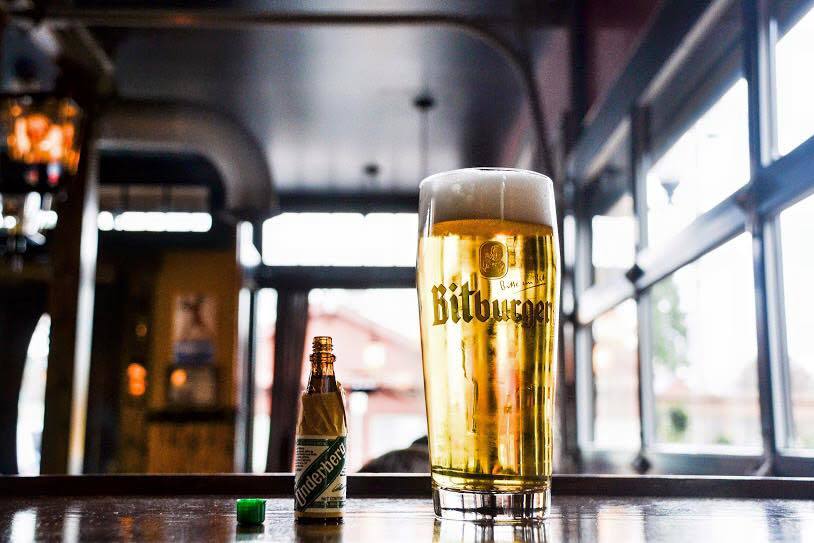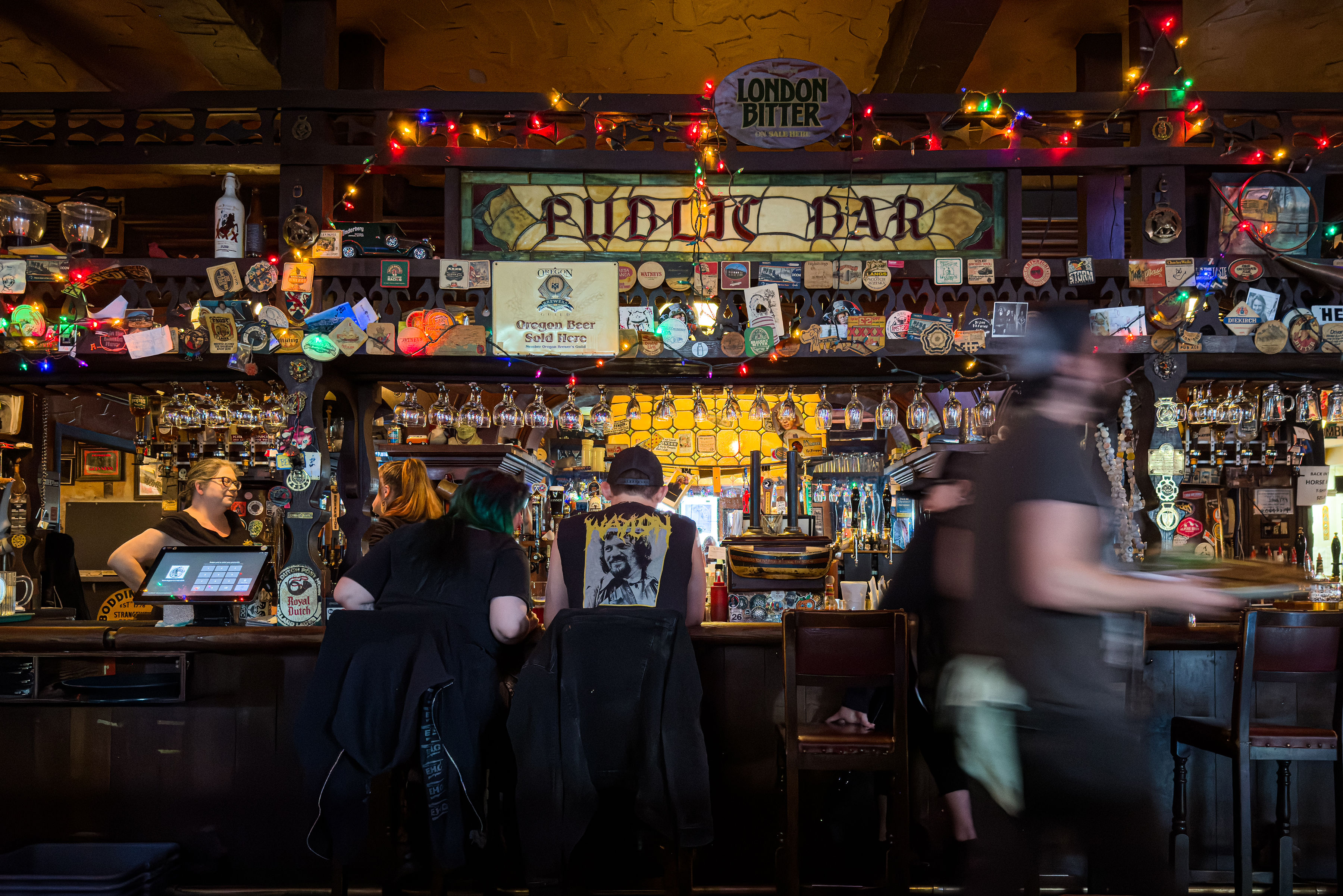Prost and Stammtisch Celebrate the 500th Birthday of the German Beer Purity Law

Image: Prost! Portland
How many things do you get to celebrate things that are 500 years old? In 1516—just for perspective—Columbus’s voyage to America was a recent event, Thomas Moore had just published Utopia, and Leonardo da Vinci was alive and well. Shakespeare wouldn’t have his umbilical cord cut for another 40 years or so.
But 500 years ago this Saturday, the Reinheitsgebot, or "purity law," was signed into law in Munich. Among other things, the law proclaimed that beer could consist only of malt, hops, and water. (They didn’t know about yeast back then.) A version of that law is still in effect to this day in Germany, and proudly considered a cornerstone of its beer culture.
"Everyone should be talking about this, whether they’re talking about my bars or other ones," says Prost owner Dan Hart, who also owns Interurban and sister German bar Stammtisch.
This Saturday, Prost Portland is the throwing the Reinheitsgebot a birthday bash with three new beers on tap—Weihenstephaner 1516, Radeberger Zwickel, and the Andechs Bergbock. (A fourth beer, Warsteiner Braumeister, was originally scheduled for the taplist but is delayed by shipping issues until May. #importproblems.) Stammtisch head chef Graham Chaney will roast a pig, while Seattle-based oompah band Happy Hans will be providing the polka. And yes, staff will don traditional lederhosen and dirndls.
"We don't make them do that every day," says Hart. "But if you're celebrating something that's 500 years old, we should probably go back to the old traditional garb."
I sat down with Dan Hart on a warm April day over some glasses Zunft Kölsch to ask him why this law still matters.
What do you know about the history of this law?
Back then, beer wasn't just part of the culture; it was part of the daily diet. It wasn't like, "I'm going to go out and have beers with my boys and go party." Beer was part of the nutritional, daily diet. So they wanted to make sure it was pure, healthy, and high quality by not trying to cheapen it. And a secondary thing was to regulate the price. It was pretty much written in the tax code to make sure everyone was paying the same amount for the same product.
The other aspect of it came from a food production side. Only using the barley malt for the beer protected the wheat and the rye for the bakers. So originally, wheat wasn't a part of it. It was added later. They did not know about yeast, either, until Louis Pasteur in the 1800s. Clearly yeast was involved in the beginning, just no one knew what it was until then.
So what relevance does a medieval beer purity law have to Portland in 2016?
Obviously it's another country's law. It's not something that directly affects Americans and how we've served beer. But it's really cool to look back and see something that's been in existence for 500 years. The way I look at it, it goes back to the fact that they [the Germans] have taken beer seriously for that long. It's an art form that they've protected. That's very relevant to everything we do today. It's the basis of beer, the fundamentals of beer. In a town like this, where beer is so in vogue—and a lot of it is the antithesis of what the Reinheitsgebot is all about, a lot of Belgian styles, and exploring, and very unique, creative ideas going on in the craft beer market—it's a lot of fun to celebrate something that's 500 years old, that goes back to the basis and the fundamentals of everything that we have.
Weihenstephaner will be celebrating their 1000th anniversary in 2040. Their first documented sale was in 1040. I look at it in the historical context of where we are at with our beer culture here in Portland. In reality, our craft beer history is only 20, 30 years old. That's a blip on the radar. Who knows what's going to happen 50, 100 years from now? Will beer culture matter? Will people still enjoy it? Is it still going to be a thing where people are innovating? I think they will. What we've done as a city and a state is incredible.
Prost and Stammtisch only serve imported German beer. In a way, you have your own beer purity law....
People told me I was going to fail miserably. There's no way it will work. IPA was king, or there was PBR. And we weren't going to do that. It's part of the integrity of the place. That's not what we want to do with this bar.
The clear beer—German pilsners and Helles—people associated clear beer with crummy Budweiser and Coors and PBR and the Hamms of the world. But they didn't realize there was a perfectly crafted, delicious clear beer that wasn't 7.5 percent alcohol and wasn't a hop bomb. A true session beer that you can actually sit and enjoy. There wasn't really a knowledge that clear beer can be craft beer.
It's a telltale sign of why German beer is important. Every brewer in the city comes here and drinks. That's because this is what they want to drink at the end of the day. It's one of the parts of the future of craft brewing, going back to the old styles.
The Reinheitsgebot 500th Anniversary Party
Prost! Portland and Stammtisch
Saturday, April 23, open–10 p.m.
Free




